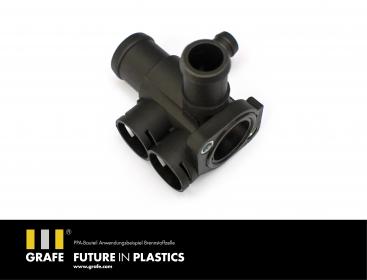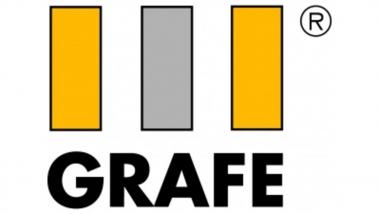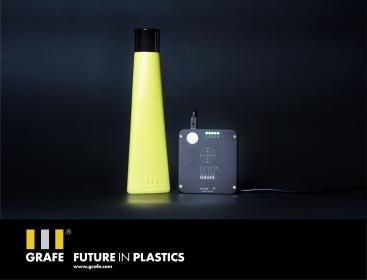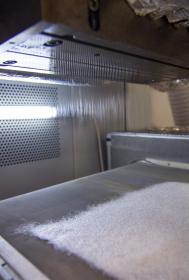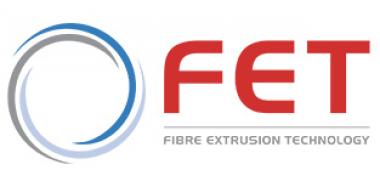Carbios presents its 2021 Annual Results
- 2021 Annual Results: First IFRS consolidated statements integrating the subsidiary Carbiolice
- Plan to build a first industrial facility with a strong financial support from the French Government and the Grand-Est Region: site selected in France in partnership with Indorama Ventures, world leader in the production recycled PET
- Successful commissioning of a demonstration facility in September 2021 and confirmation of the validity of the scale-up of Carbios’ enzymatic recycling technology
- Takeover of Carbiolice and full integration in the consolidated IFRS statements since June 4th, 2021
- Appointment of Philippe Pouletty as Chairman of the Board of Directors on April 1st, 2022
- Appointment of Emmanuel Ladent as CEO of the Company on December 1st, 2021
- Strengthening of Carbios’ financial structure: capital increase of €114 million with French and International investors and €30 million loan from the European Investment Bank (EIB)
- Group’s cash position of €105 million as of December 31, 2021, which does not include the €30 million EIB loan due to be drawn down in the first half of 2022
Carbios, a pioneer in the development of enzymatic solutions dedicated to the end-of-life of plastic, announced its operating and financial results for the year 2021. The financial statements as of December 31, 2021, were approved by the Company’s Board of Directors at their meeting on March 31, 2022.
“In 2021, Carbios achieved several technical and industrial milestones testifying of the soundness and successful execution of our strategy. The excellent results obtained from our demonstration plant confirms the industrial scale-up potential of our biological technology for the recycling of PET plastics and fibers. Together with our Consortium members, we also produced the world’s first food-grade PET sample bottles produced entirely from enzymatically recycled plastics; a world first. In addition, we have strengthened our financial structure by raising a landmark €114 million in May 2021 and we have taken full control of Carbiolice in June. In line with our objectives and with a strong financial support from the French Government and the Grand-Est Region, we will soon enable France to host the world’s first industrial facility dedicated to the biological recycling of plastics. Carbios’ enzymatic process will make it possible to recycle more than 50,000 tons of PET plastic waste per year,” comments Emmanuel Ladent, CEO of Carbios. “Our priority for 2022 is to finalize the terms of our partnership with Indorama Ventures, which will host the world’s first industrial facility operating our biological recycling process at its French production site in Longlaville. This year will also be about optimizing our commercial strategy, while continuing our innovation efforts on the end-of-life of other polymers.”
Click here to for further information.
Carbios
















